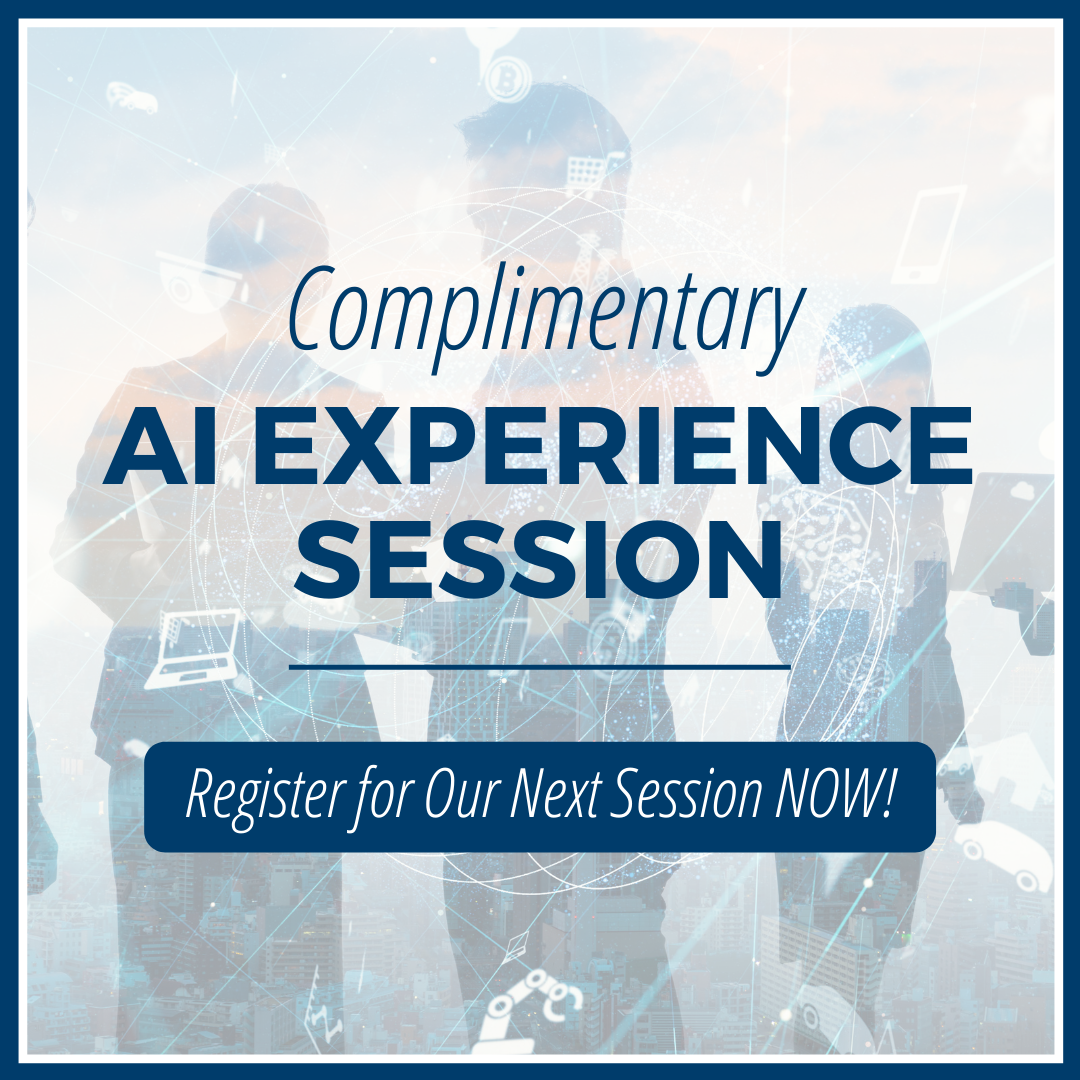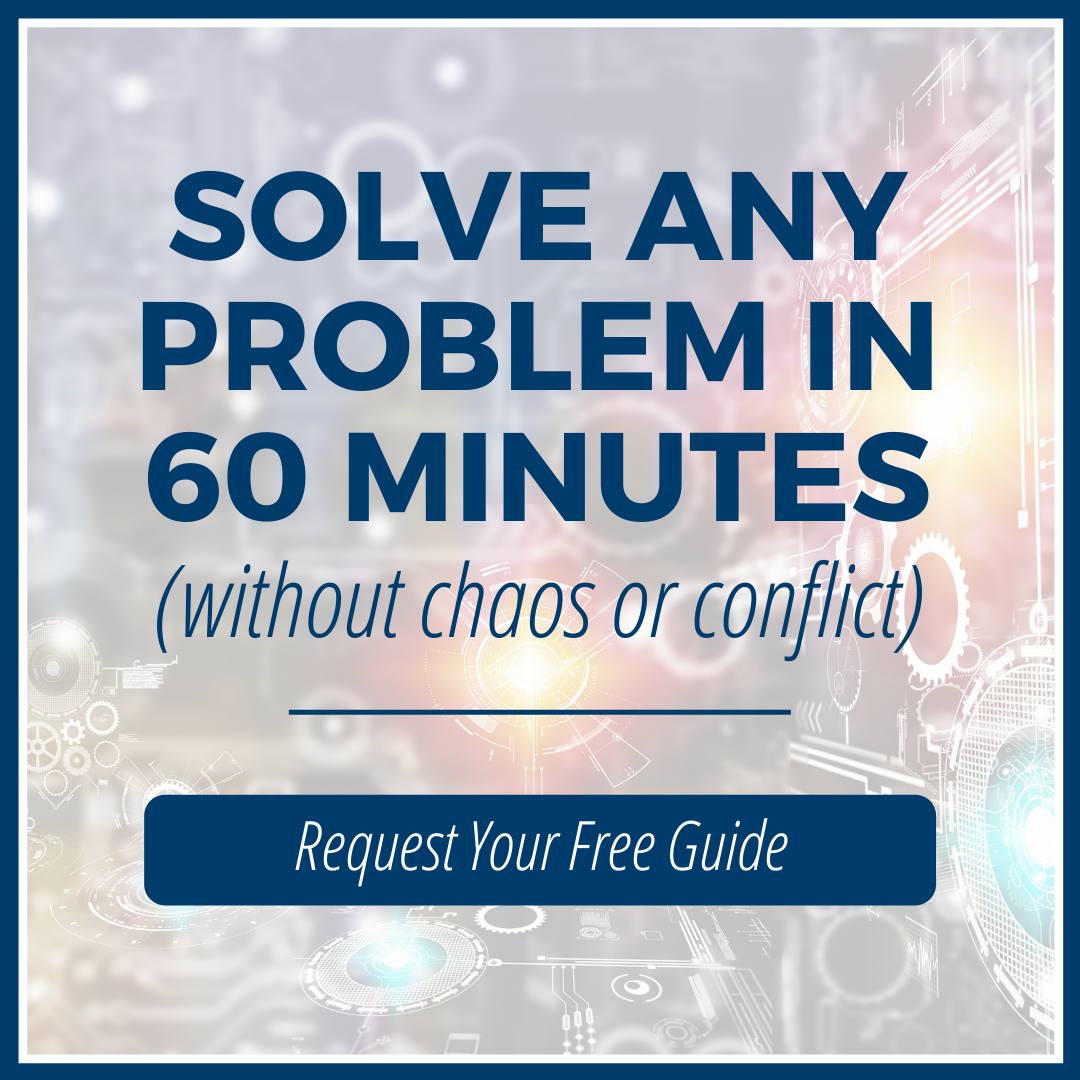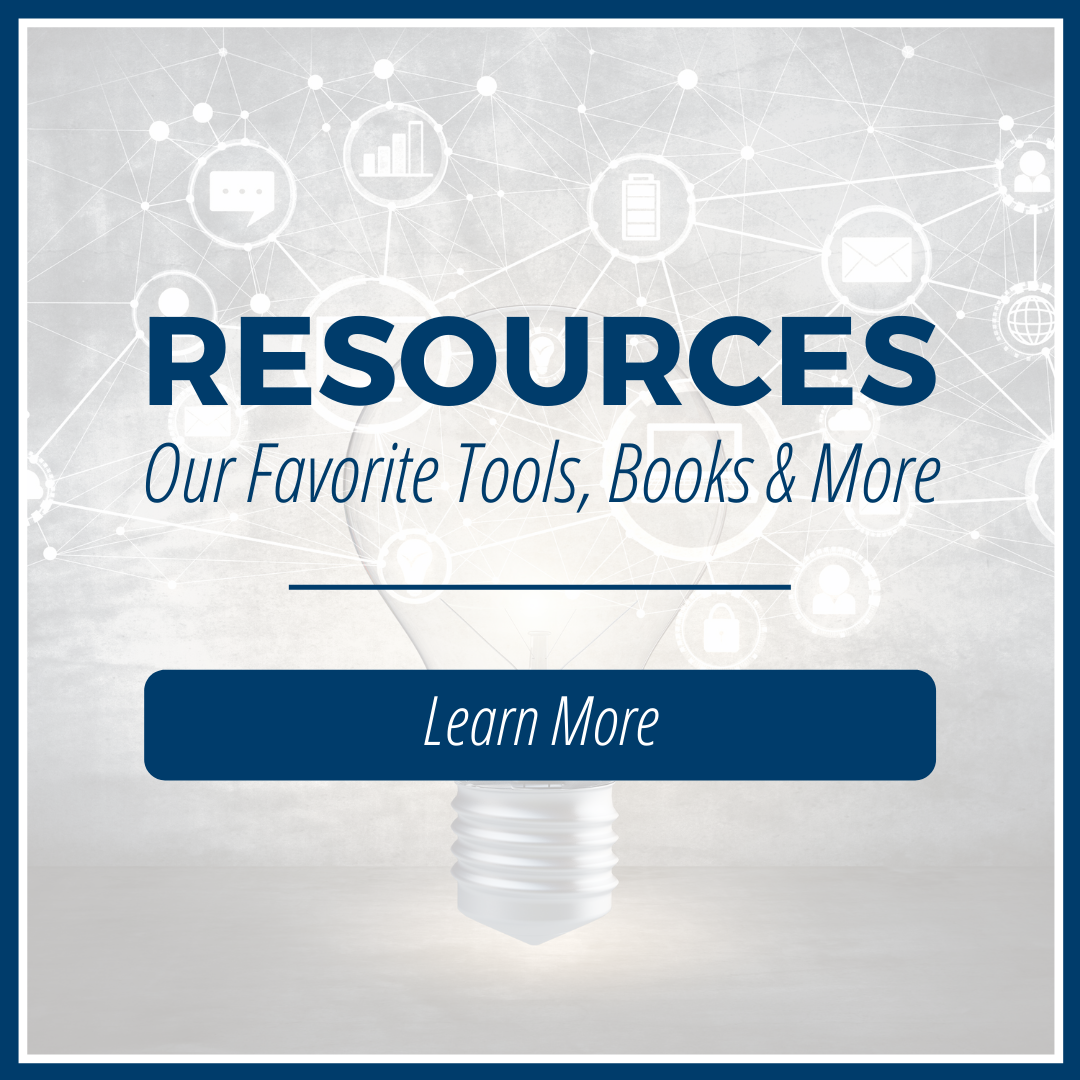The fast pace of technology today is changing jobs at a rate of every 5 years or less. Stephane Kasriel [1](2017) stated in his article Skill, re-skill, and reskill again, “the half-life of hard skills is continually falling—now at only about 5 or less years.” Students graduating today are not prepared for jobs that do not exist yet or will change within 5 years. Even newly created jobs will morph within brief cycles of digital innovation. Automation is speeding up, waiting for no one. To stay up with this increasing transformation of the workplace, skilled workers must develop a life-long learning mindset.
The 2018 D2L report The Future of Work and Learning [2] warns:
The changing nature of work and … societies must embrace new or hybrid learning models to allow individuals and economies to thrive going forward. Without a fundamental transformation in how we think about lifelong learning and skill development, individuals, communities, and whole economies will be left behind.
Workers can no longer plan on having employment indefinitely as our grandparents who stayed at jobs for decades and then retired to a good pension. With turnover of jobs, many workers in our present economy must manage their own retirement portfolio. In our present AI Industrial Revolution, jobs are unpredictable. Now the average time in a single job is 4.2 years, according to U. S. Bureau of Labor Statistics (Kasriel – ibid). Modern quick changing jobs demand continual updating of skills.
Unfortunately, our education system is not keeping up with the digital creation of new jobs and on-the-job training does not close the gap. “The World Economic Forum report 63% of workers had job training in the past year but employers report the highest talent shortages since 2007.” (Kasriel – ibid)
Kasriel advises that workers take responsibility for one’s own education and find what skills would be suitable to pursue and get started learning new skills. His article could be helpful in presenting the reality of future jobs and personal preparation for the challenge. Companies, too, must provide education and training.
Along with job skills is the important complement of enduring skills. These are the lifelong characteristics of a mature adult who has learned the graciousness of human communication. One employer wisely explained the basis of his hiring method: “I hire for attitude and train for skills.”
Enduring skills are lifelong traits and characteristics taught in 3rd and 4th grades, in social science courses as well as in leadership training. They are fundamental to family, social, and business associations. They are the glue of relationships and the grace of cultural engagement. Without these enduring skills, life would be mindless, robotic monotony.
Enduring skills are also called soft skills, which are needed in the workplace as primary agents of productivity. Daniel Goleman’s emotional intelligence [3] tops the list and includes empathy, respectful listening, along with integrity, honesty, trust, and humility. Workplace relations need transparent accountability tempered with confidentiality that allow for an openness that is respectful of privacy and individuality. Curiosity and positivity are the building blocks of creativity that is an asset to productive team work.
Judith Glaser [4], of happy memory, wrote extensively on communication skills in her book Conversational Intelligence. For her, the highest form of conversation is what she termed co-creative conversation whereby the ego of every person in a conversation is transformed into a “we” context of shared thoughts and empathy. Bullying is antithetic to workplace collaboration that looks for maturity in colleagues as well as in administration.
Enduring skills more than any other workplace asset are the riches of a wise person who is aware of the near infinite things to learn in today’s technical world in which a closed mind will not survive in the whirl of creative innovation. Job skills and enduring skills are the two legs that today’s workers need to walk forward in the rush of AI technology.
1 Stephane Kasriel, “Skill, re-skill and re-skill again. How to keep up with the future of work,” World Economic Forum Education and Skills, July 31st, 2017. https://www.weforum.org/agenda/2017/07/ skill-reskill-prepare-for-future-of- work
2 https://www.d2l.com/wp-content/uploads/2018/01/The-Future-of-Work-and-Learning-D2L.pdf
3 Goleman, Daniel, (1995). Emotional Intelligence, Why it Matters More than IQ, Random House, New York, NY
4 Glaser, Judith, (2014). Conversation Intelligence, How Great Leaders Trust and Get Extraordinary Results, Bibliomotion, Inc., New York, NY




